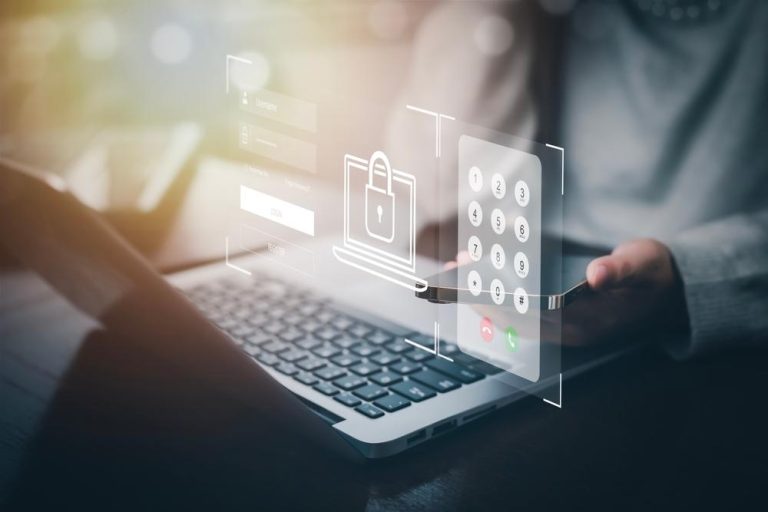Cybersecurity Pioneer
Your security is always our top priority. As a member, we invite you to learn more about .Bank by visiting Cybersecurity Pioneer.
IMPORTANT NOTICE/ Fraudulent Calls:
Fraud is a very serious problem in our world today. At Community Point Bank, we are always working to protect our customer’s information. Be aware of fraudulent telephone calls from someone claiming there is a problem with your account, debit or credit card. During the telephone call, the fraudster asks the cardholder for personal information, such as a primary account number, card number and PIN. PLEASE NOTE that SHAZAM, our debit card processor, will never ask for a full card number or a PIN over the phone (The exception to this would be if a cardholder calls SHAZAM to report his or her card lost or stolen.) Remember, the bank will never call or e-mail you asking for personal information.
Important Information to Protect Yourself from Identity Theft
By understanding exactly what identity theft is, how it happens and how it affects you, you will be better able to prevent and, if necessary, report identity theft.
What is identity theft?
Identity theft occurs when someone illegally obtains your personal information – such as your Social Security number, bank account number or other personal identification – and uses it to open new accounts or initiate transactions in your name. This can cause financial loss and damage your credit, which can lead to a lengthy resolution process.
How does identity theft happen?
Identity theft is portrayed as a high-tech crime affecting only those people who shop, communicate or do business online. However, while thieves can obtain personal information via online methods, the majority of identity theft occurs offline. Stealing wallets and purses, intercepting or rerouting your mail, and rummaging through your garbage are some of the common tactics thieves use to obtain your personal information.
How can I help protect myself?
- Don’t give out your sensitive, personal information by phone, text or email.
- Keep important documents secure. Shred documents that are no longer needed.
- Be mindful of sharing too much information on social media. Fraudsters can use the things you share about yourself in many different ways.
- Be skeptical of unsolicited requests to verify account information.
- Use strong passwords & multi-factor authentication (whenever possible).
- Keep your software and hardware updated. Updates may have security patches included.
- Use anti-virus protection software.
- Stay alert about common scams and look out for warning signs and red flags.
- Review your Credit Reports regularly. This can be done at at annualcreditreport.com.
- Review your online accounts regularly noting if there are any unexpected changes.
Learn more about protecting yourself. The FDIC has tips to help protect you from identity theft and other computer scams.
Online Security
Guarding your personal information from unwanted access is important. OnGuardOnline.gov provides practical tips from the federal government and technology industry to help you be on guard against Internet fraud, secure your computer and protect your personal information.
Financial Elder Abuse
Elder abuse is defined as any international act that causes harm to someone aged 60 or older. It’s important to note that the abuse often occurs at the hands of a caregiver or another trusted person. One common form is elder financial abuse or exploitation.
CPB is committed to the financial safety of our customers. Our employees are trained to help identify elder abuse in the form of financial exploitation. Financial abuse can include fraud and/or the use of undue influence to gain control over an older person’s money or property.
Understanding and taking necessary safety precautions can help protect you or a loved one from falling victim to scams, fraud and other types of financial abuse

